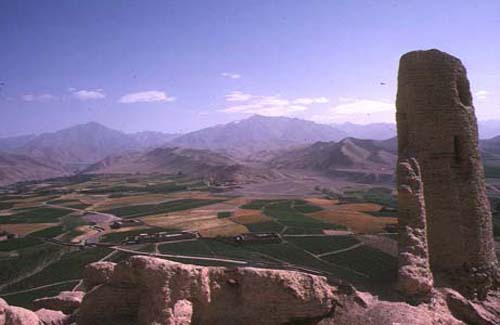
| By Admin1 (admin) on Thursday, December 26, 2002 - 5:10 pm: Edit Post |
Kazakstan RPCV Dave C. Eastman worked as Aid Worker in Afghanistan



| By rae tomas on Tuesday, September 09, 2003 - 6:46 pm: Edit Post |
please advise me of what the black turbin means or does it mean anything.is it different for islamic and hindu